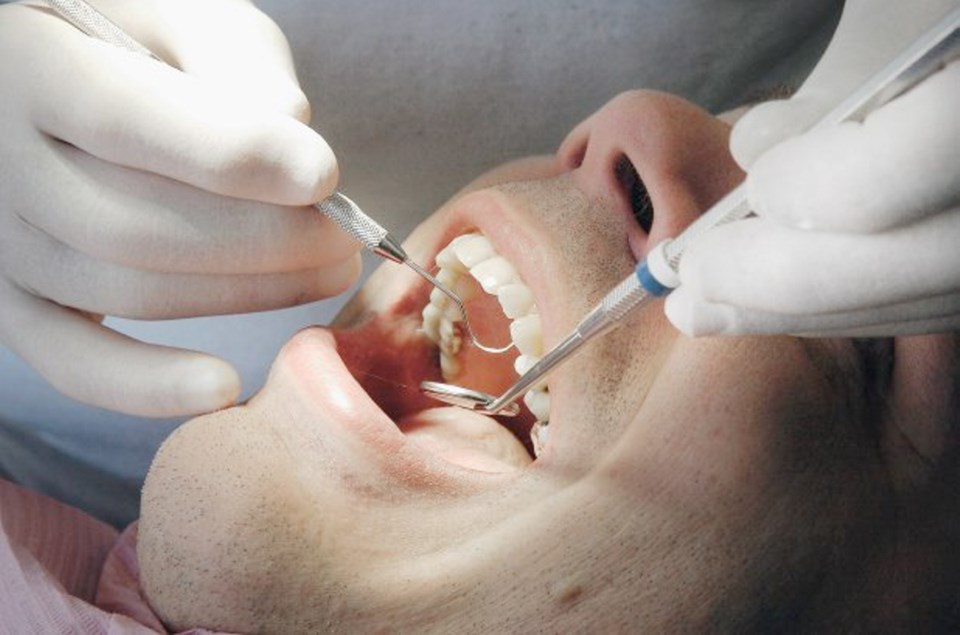A recent inquiry into the B.C. College of Dental Surgeons paints an ugly picture. The college board is portrayed as being more interested in protecting dentists than looking after patient rights. There was so much animosity between some board members, they didn’t want the secretary taking minutes of what was said.
Conflicts of interest were ignored, meaning dentists undergoing complaint investigations could remain on the board while their professional behaviour was being scrutinized. And such was the level of distrust in the college registrar that board members physically removed personnel files from his office and stored them with a legal firm.
The inquiry concluded that the college met only about 60 per cent of the standards for proper regulation, and that it had not been effective in ensuring the safety of patients.
Health Minister Adrian Dix has given the board 30 days to clean up its act. Given the level of dysfunction, that seems like mission impossible.
A better solution would have been to dismiss the board and appoint an administrator to right the ship. This has been done before, in the case of school boards and hospital boards before the introduction of regional authorities.
In this instance, it’s unrealistic to assume current members can overcome the effects of prolonged exposure to a toxic workplace, no matter how capable and well-intentioned some of them might be.
Moreover, it appears that toxicity was also directed at staff, in the form of “an unacceptable level of discourtesy by individual board members.” So long as those members remain in place, are employees to believe things will magically improve?
The appointment of an administrator avoids all this. Once the proper mechanisms are in place to ensure accountability, a new board could be elected. But it will take at least a year to sort things out.
However, the problems don’t stop there. A properly governed profession would see to it that a solid scientific foundation existed on which to base its practice. But that doesn’t appear to be the case with dentistry.
The Cochrane organization, a group of doctors with worldwide membership, examined the research behind a wide range of dental procedures. It found there is either no evidence to support many common practices or what evidence there is has not been tested in properly structured clinical trials.
Some examples: Patients are often told they should have regular six-month checkups. Cochrane could find no evidence, either pro or con, for this advice. It is entirely possible that for someone with good oral health, 12 to 16 months might be sufficient.
Again, while there is evidence that children benefit from fluoride, either in their drinking water or when visiting the dentist, the same might not be true of adults. Yet fluoride treatments are a standard part of checkups, for adults as well as kids.
It is common practice to remove wisdom teeth, but here also, the evidence in favour is sketchy at best, unless the teeth are infected. And while you might have been told that flossing helps keep down plaque, there is only “weak, very unreliable” proof that it does.
How often should you have your teeth X-rayed? No one knows for certain, yet unnecessary exposure to X-rays should be avoided.
Is it better to repair a root-canalled tooth with a crown or with a filling? Same answer. The science isn’t there.
What we do know for sure is that there is a clear financial motive to over-treat patients or to use more expensive procedures. That in itself is cause for concern. Perhaps the profession doesn’t want better evidence, because the result could be financially damaging.
All of which is to say, more is required than a shakeup of the college board. We need the profession to show that steps are being taken to ground its practices in firmer evidence than currently exists.



